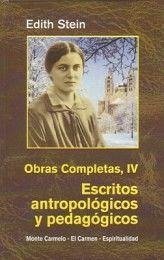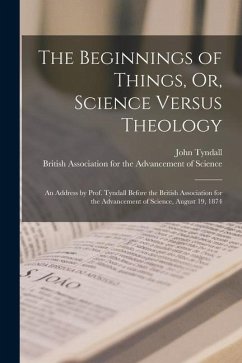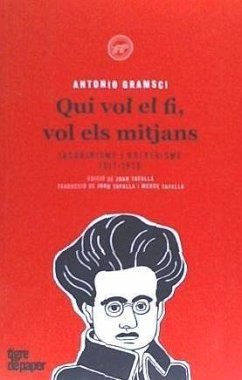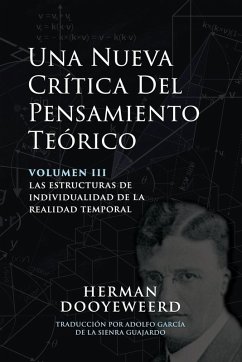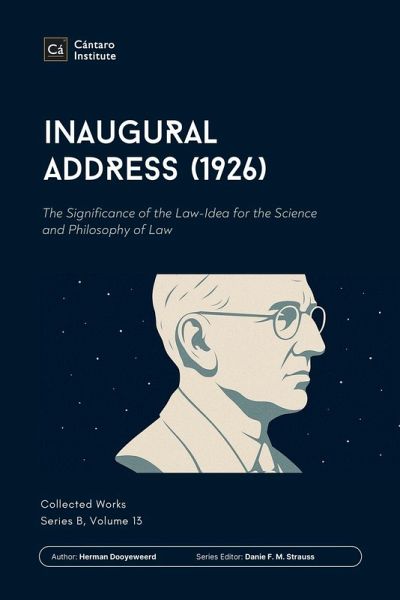
Inaugural Address (1926)
The Significance of the Law-Idea for the Science and Philosophy of Law
Herausgeber: Strauss, Danie F M; Dyke, Harry Van
Versandkostenfrei!
Erscheint vorauss. 1. Dezember 2025
15,99 €
inkl. MwSt.

PAYBACK Punkte
8 °P sammeln!
The Birth of a Reformational Philosophy: On October 15, 1926, Herman Dooyeweerd stood before the Free University of Amsterdam to deliver his inaugural address as Professor of Law. What he presented that day-and published soon after-was far more than a lecture. It was a penetrating diagnosis of the internal contradictions of humanistic thought and a bold call to recover a distinctly Christian law-idea as the foundation for science, law, and culture. In this address, Dooyeweerd traces the rise of modern humanism from Hobbes and Descartes through Leibniz, Kant, and Hegel, exposing the antinomies ...
The Birth of a Reformational Philosophy: On October 15, 1926, Herman Dooyeweerd stood before the Free University of Amsterdam to deliver his inaugural address as Professor of Law. What he presented that day-and published soon after-was far more than a lecture. It was a penetrating diagnosis of the internal contradictions of humanistic thought and a bold call to recover a distinctly Christian law-idea as the foundation for science, law, and culture. In this address, Dooyeweerd traces the rise of modern humanism from Hobbes and Descartes through Leibniz, Kant, and Hegel, exposing the antinomies that fractured its lofty ideals. He demonstrates how the humanistic pursuit of scientific continuity inevitably collided with the exaltation of autonomous personality-an irresolvable tension that shaped modern philosophy, legal theory, and culture itself. Against this backdrop, Dooyeweerd sets forth the Christian alternative: a worldview anchored in God's sovereign order, in which law is not the construct of human reason but the boundary of creation itself. This translation, enriched with restored annotations and careful editorial work, makes available in English one of Dooyeweerd's earliest and most programmatic texts. Here the reader will encounter the seeds of the reformational philosophy that would occupy Dooyeweerd's life's work: a vision of reality that refuses reductionism, honors the fullness of God's creation, and provides a solid foundation for Christian scholarship and cultural engagement. A foundational text for anyone seeking to understand Dooyeweerd's philosophy and the Christian response to the crisis of modern thought.



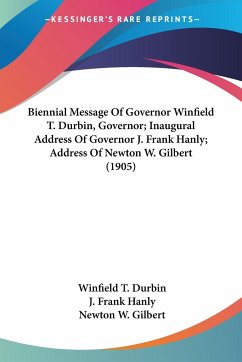
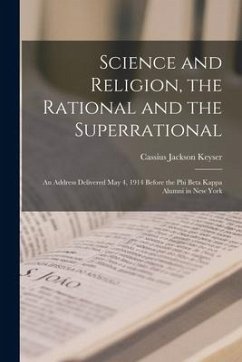
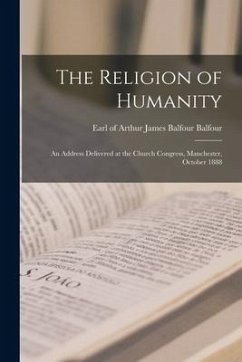
![The Family, God's Appointed Institution for the Establishment and Maintenance of True Religion [microform]: Being an Address Delivered Before the Syno Cover The Family, God's Appointed Institution for the Establishment and Maintenance of True Religion [microform]: Being an Address Delivered Before the Syno](https://bilder.buecher.de/produkte/66/66125/66125938n.jpg)
